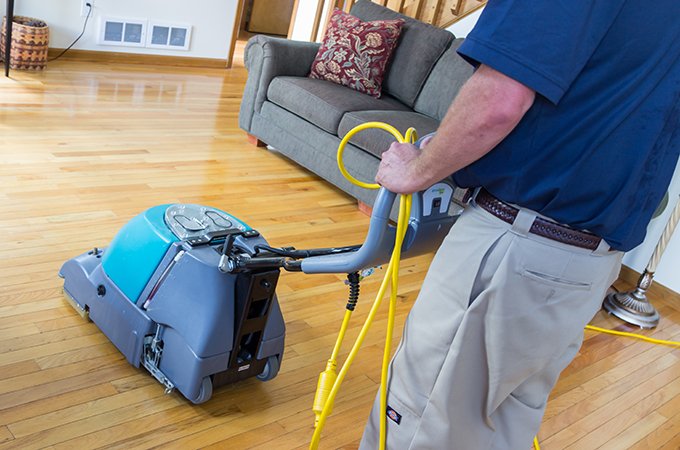
Serving Western NC and the greater Asheville Area - Available 24 Hours a Day, 7 Days a Week
What To Do When There’s A Leak
- Identify the source: Try to locate the exact location of the leak. Look for visible signs such as dripping water, wet spots on walls or ceilings, or pooling water on the floor. It’s important to determine the source to effectively address the issue.
- Shut off the water supply: If you can identify the source of the leak and it’s related to a specific fixture or appliance, turn off the water supply to that area. For sinks and toilets, you can usually find shut-off valves beneath or behind them. If the leak is more widespread or you can’t locate the shut-off valves, consider turning off the main water supply to your home.
- Mitigate immediate damage: If there is standing water or excessive moisture, try to remove it as soon as possible. Use towels, mops, or a wet/dry vacuum to soak up the water and prevent it from spreading to other areas. It’s crucial to dry out the affected area to prevent mold growth and further damage.
- Contact ServiceMaster of Buncombe County: Unless you’re confident in your plumbing skills, it’s advisable to call a professional to assess damage. They have the expertise and tools to identify the root cause and provide appropriate repairs. Consulting with a water damage restoration company such as ServiceMaster of Buncombe County to help with drying out the affected area and mitigating any further damage is critical.
- ServiceMaster of Buncombe County will document the damage: We take photos or videos of the affected areas and any visible damage caused by the leak. This documentation can be helpful when filing an insurance claim or for future reference.
- Notify your insurance company: If the water leak has caused significant damage or if you believe it’s covered by your insurance policy, contact your insurance company as soon as possible to report the incident. They can guide you through the claims process and provide instructions on how to proceed.
Remember, each situation may vary, so use these steps as a general guideline. If the water leak is severe or poses a safety risk, don’t hesitate to evacuate the area and seek immediate professional assistance.
Side Menu
10 out of 10










